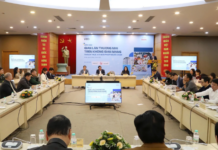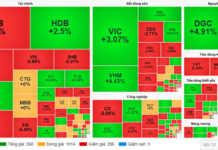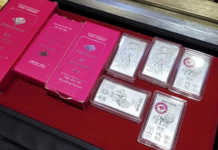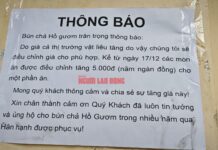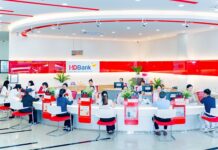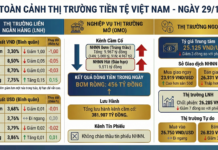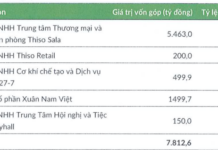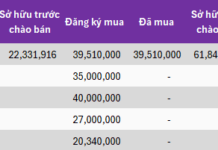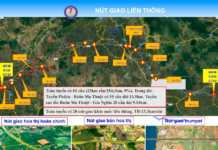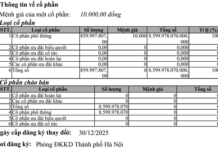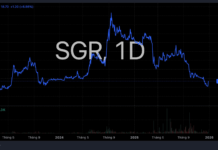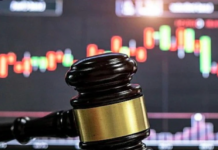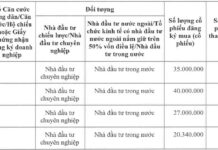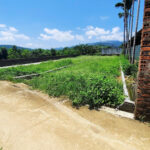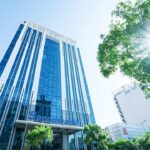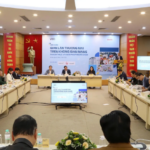On September 10, the Vietnam Business Council for Sustainable Development (VBCSD), the Vietnam Chamber of Commerce and Industry (VCCI), and the Vietnam Sustainable Business Forum (VCSF) organized the 2024 VCSF with the theme “Net Zero 2050: Building Trust and Driving Transformation.”
SUSTAINABLE DEVELOPMENT IS A STRATEGIC NECESSITY FOR BUSINESSES
In his opening remarks at the forum, Mr. Pham Tan Cong, President of VCCI, mentioned the super typhoon, the strongest in three decades, that Northern Vietnam is currently experiencing. Typhoon No. 3, internationally known as Yagi, has caused devastating damage in terms of its scale, intensity, and scope.
Never before have the flood levels been so high. The water level in Lao Cai surpassed the peak of 53 years ago, while the water level in the Thao River reached a 65-year high. This natural disaster has caused immense damage to the people and the business community. According to preliminary statistics from business associations in the Red River Delta region, the losses incurred by businesses amount to thousands of billions of VND.
“Typhoon Yagi is a testament to global warming and climate change, which have already had and will continue to have severe impacts, leading to extreme weather events that threaten the survival of humanity,” emphasized Mr. Cong.
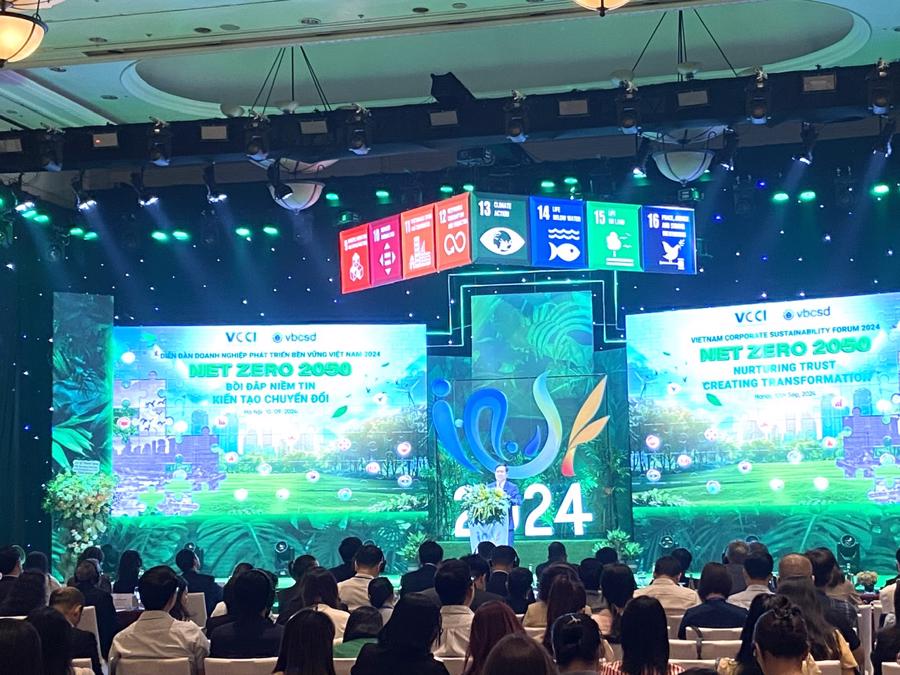
Therefore, the head of VCCI believes that now, more than ever, the goal of sustainable development to slow down the Earth’s warming has become an extremely important and urgent global priority. In this context, sustainable development is also a goal and a strategic necessity for all businesses today.
As a responsible nation, Vietnam has made commitments and actively, proactively, and diligently worked towards reducing greenhouse gas emissions, the main driver of global warming.
With the participation of the entire political system, the Party, and the State have prioritized applying a sustainable development model based on constructing two roadmaps simultaneously.
Firstly, adapt to climate change and build resilience.
Secondly, mitigate climate change by decarbonizing the growth process: reduce emissions according to a suitable roadmap and orient the economy towards reducing the consumption of carbon-intensive energy sources, aiming for net-zero emissions by 2050.
To successfully implement these roadmaps, the head of VCCI affirmed the crucial role of the business community. With the theme “Net Zero 2050: Building Trust and Driving Transformation,” the forum aims to unite the business community in reaffirming their faith and efforts in achieving net-zero emissions by 2050.
“This trust is being strengthened, creating strong impulses for a synchronized transformation: a transformation in awareness, mindset, and actions. We believe that with the support of the entire political system, the business community’s green transformation efforts will succeed,” said the President of VCCI.
SUSTAINABILITY IS A VALUE DRIVER, NOT A BURDEN
However, at the forum, opinions expressed that the journey towards green transformation and Net Zero 2050 presents numerous challenges for countries and economies worldwide, especially for developing nations like Vietnam. Thus, it is understandable to have concerns about the feasibility of achieving the Net Zero target.
To strengthen our faith and strive for the successful realization of Net Zero and green transformation goals, we need a synchronized shift in perception and actions, with stronger involvement and collaboration from the government, regulatory agencies, the business community, investors, consumers, and other stakeholders.
According to Mr. Binu Jacob, CEO of Nestlé Vietnam and Co-Chairman of VBCSD, we should view sustainability as a value driver rather than a burden for businesses. While challenges and bottlenecks remain in the green transformation process, one critical hurdle is connecting the sustainability narrative to the core drivers that influence consumers’ choices of brands or products.
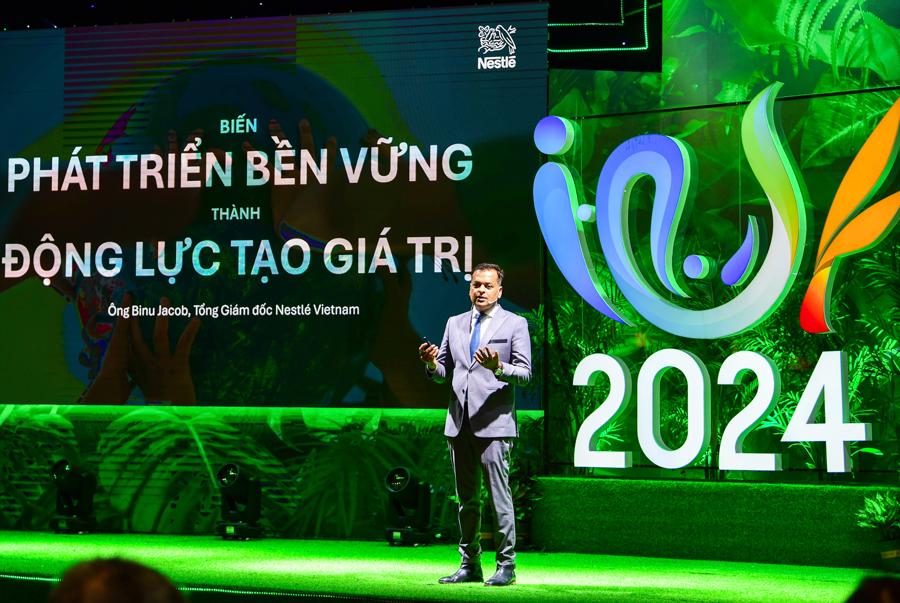
Therefore, businesses need to change their approach and connection with consumers so that sustainable initiatives genuinely become value drivers. Additionally, businesses should enhance multi-stakeholder collaboration through dialogue platforms like the VCSF forum to promote the effectiveness of the green transformation process, working towards realizing the Net Zero commitment.
As a leading agro-food corporation with a 12-year commitment to sustainable development, Ms. Nguyen Tra My, CEO of PAN Group, shared that the secret to a business’s longevity and development lies in embracing the path of sustainable development, with leaders playing a pivotal role. The “captain” must recognize the significance of sustainable development for their business.
Consequently, PAN established the Steering Committee for Sustainable Development, headed by the CEO. This committee comprises leaders representing the three core business areas: agriculture, seafood, and food processing. They play a crucial role in proposing strategies and frameworks, ensuring the effective implementation of sustainable activities.
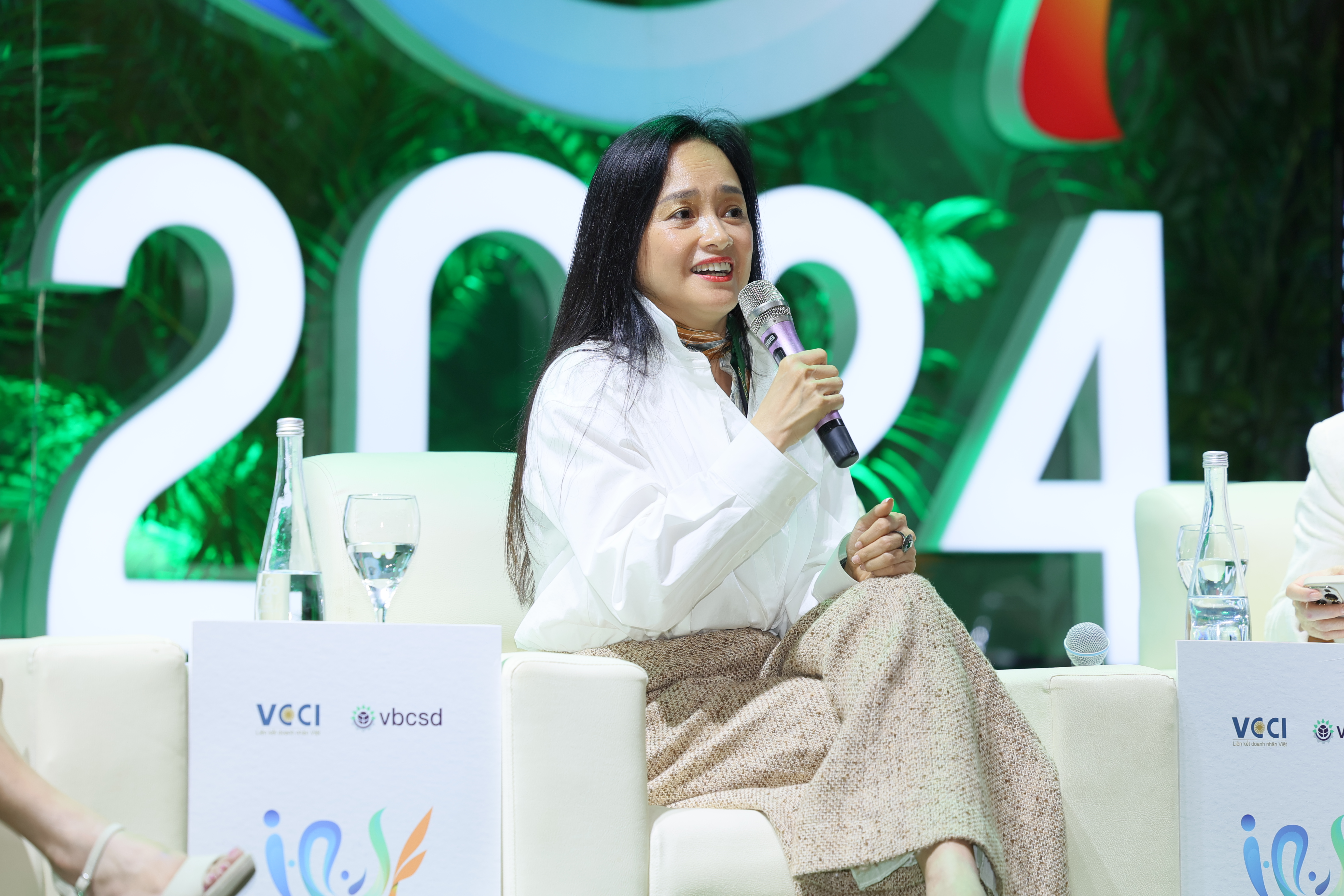
Particularly, PAN focuses on quality. The concept of sustainable development has permeated the thinking of PAN’s leaders. This is an existential issue that will determine the company’s longevity.
“We are steadfast in our dream of elevating Vietnamese agriculture, and quality must take precedence. This is not just PAN’s story but also that of the agricultural sector and Vietnam’s pride. With a grand mission and significant challenges, the PAN Group must strive every day,” shared Ms. My.
With nearly a decade of unwavering support for communities through the EkoCenter project, Coca-Cola Vietnam constantly innovates to build advanced and robust communities in the digital age. This is achieved through STEAM education programs, e-commerce skills training, solutions promoting circular economy, and initiatives to combat climate change at Coca-Cola’s Community Support Centers nationwide.
The Future of Hanoi’s Land Subdivision: 50m2 Minimum Lot Size and Its Implications
The proposed increase in the minimum land parcel size to 50sqm in Hanoi is a contentious issue. While experts argue that it will curb the rampant practice of land subdivision and sale, it is crucial to thoroughly consider the potential impact on the citizens. This decision has far-reaching consequences, and a delicate balance must be struck to ensure the well-being of all stakeholders involved.
The Green Evolution: Unveiling Sacombank’s ESG Strategy
Sacombank’s leadership has shared their vision for the bank’s future. Alongside their short-term goal of completing the restructuring plan and regaining their position as a top player in the market by 2025, they have their sights set on long-term sustainable development following the ESG model.

